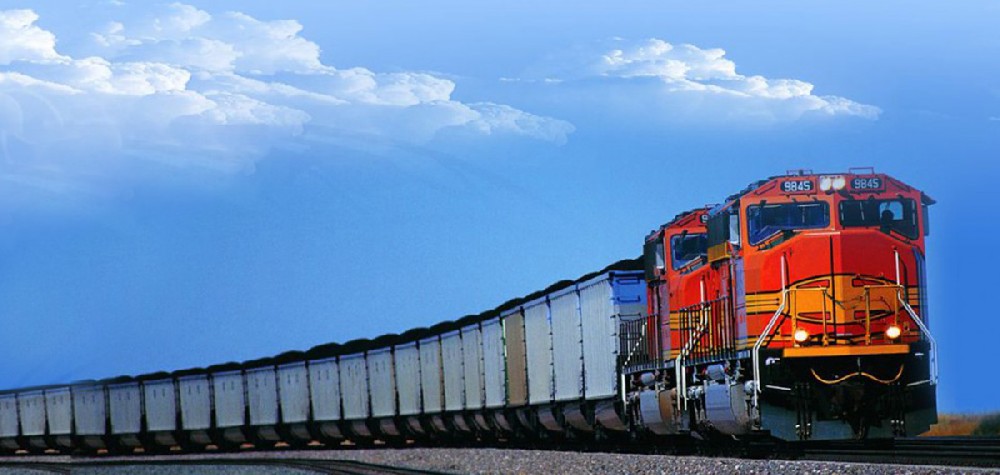Navigation Menu
Contact Us
- Email:
- info@wxavatar.com
- Address:
- Yurong Village, Yuqi Street, Huishan District, Wuxi, China.
Release Date:Jun 05, 2025 Visit:67 Source:Roll Forming Machine Factory
The manufacturing industry continuously evolves with new technologies designed to enhance efficiency and productivity. One such advancement is the latest corrugated plate automatic production line, which offers significant improvements over traditional manufacturing methods. A key question many businesses face is whether this modern equipment can effectively reduce operational costs while maintaining product quality.

Improved Production Efficiency
Modern corrugated plate automatic lines integrate advanced automation, reducing the need for manual intervention. Automated feeding, forming, and cutting systems minimize labor requirements while increasing production speed. This leads to higher output with fewer personnel, lowering labor costs over time. Additionally, automated systems reduce human error, improving consistency and reducing material waste.
Energy and Maintenance Optimization
The latest automatic lines are engineered with energy-efficient components that consume less power compared to older models. While the initial investment may be higher, the long-term savings in energy costs contribute to overall operational cost reduction. Furthermore, these systems often feature predictive maintenance capabilities, alerting operators to potential issues before they cause downtime. This proactive approach reduces unexpected breakdowns and extends equipment lifespan, lowering repair and replacement expenses.
Material Utilization and Waste Reduction
Precision control in modern corrugated plate production ensures optimal material usage. Advanced software calculates the most efficient cutting patterns, minimizing scrap and maximizing yield. Since raw material costs represent a significant portion of production expenses, improved utilization directly impacts profitability.
Reduced Downtime and Enhanced Flexibility
Automated lines allow for quicker changeovers between different product specifications. This flexibility reduces idle time and enables manufacturers to respond faster to customer demands without costly delays. The ability to switch production seamlessly between different corrugated plate designs enhances overall operational efficiency.

Conclusion
The latest corrugated plate automatic line presents a compelling case for operational cost reduction. By improving production efficiency, optimizing energy use, minimizing waste, and reducing downtime, businesses can achieve long-term savings. While the upfront cost may be a consideration, the return on investment through lower ongoing expenses makes this technology a viable option for manufacturers looking to enhance competitiveness in the industry.